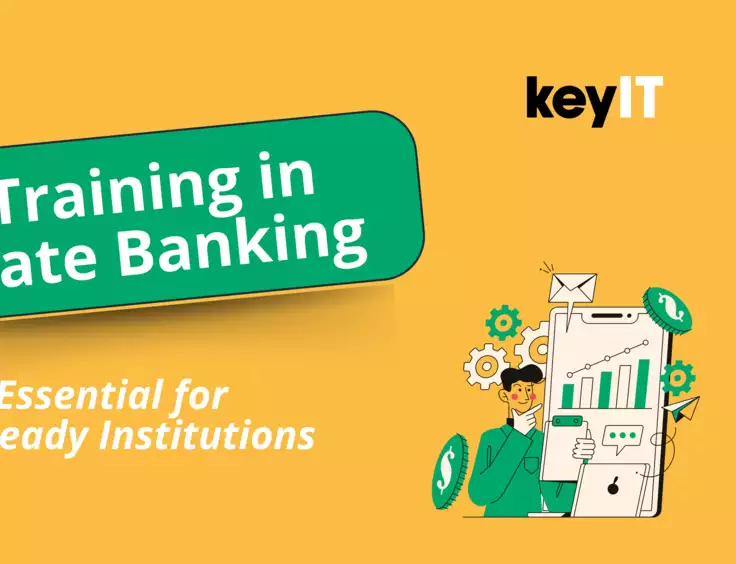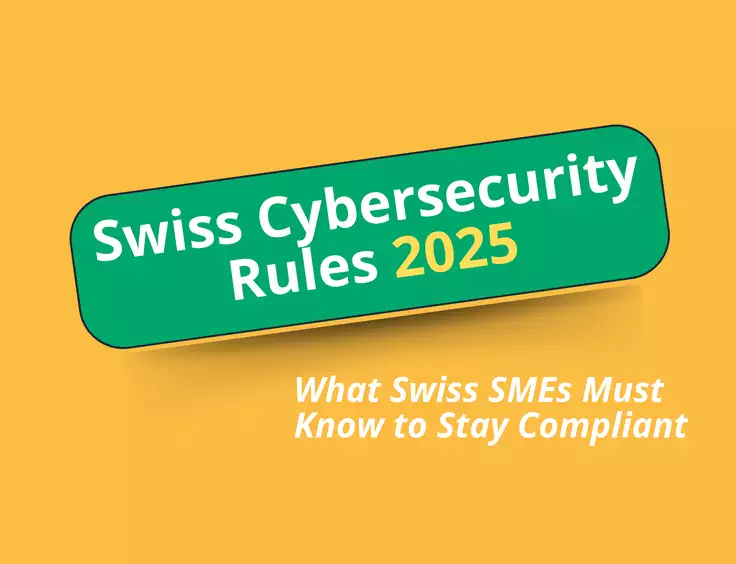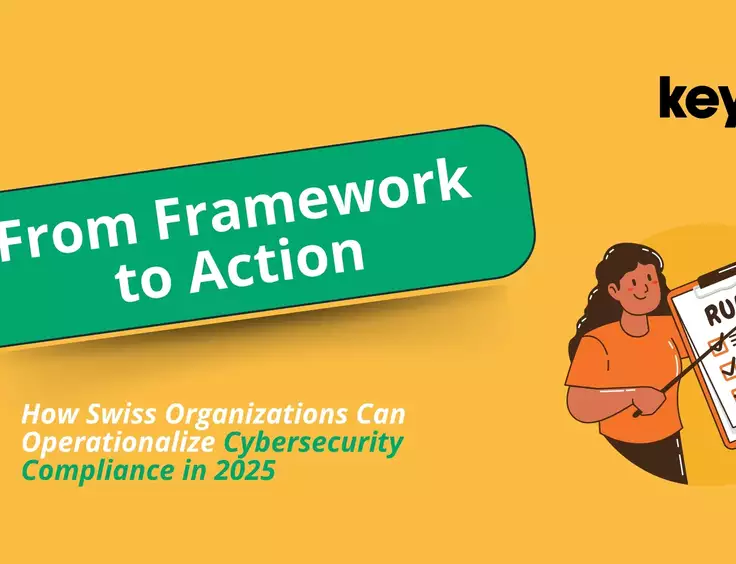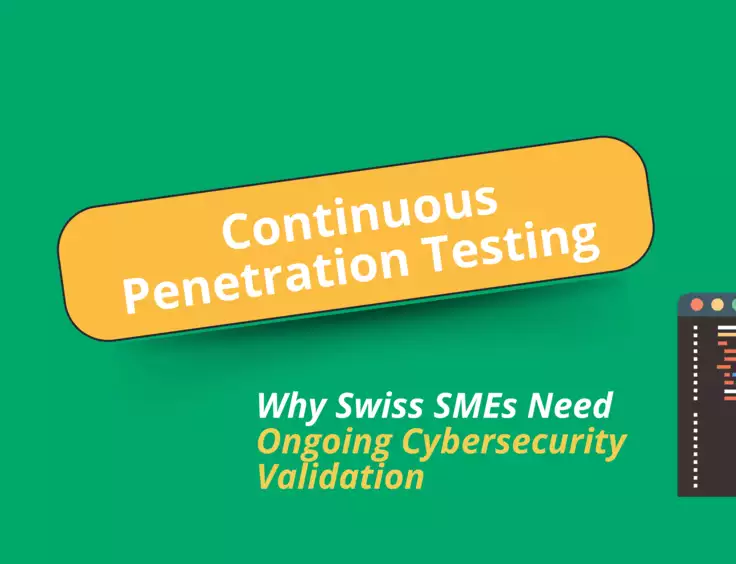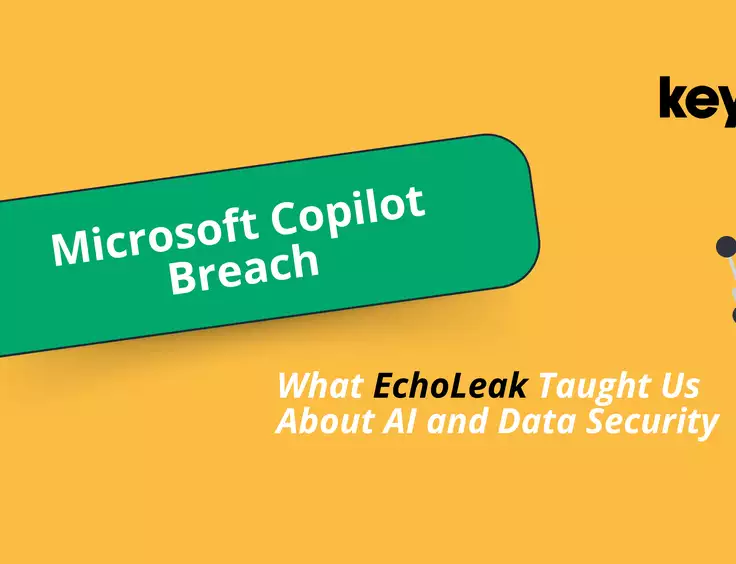AI for SMEs: What's hot, what's useful - and how to get started
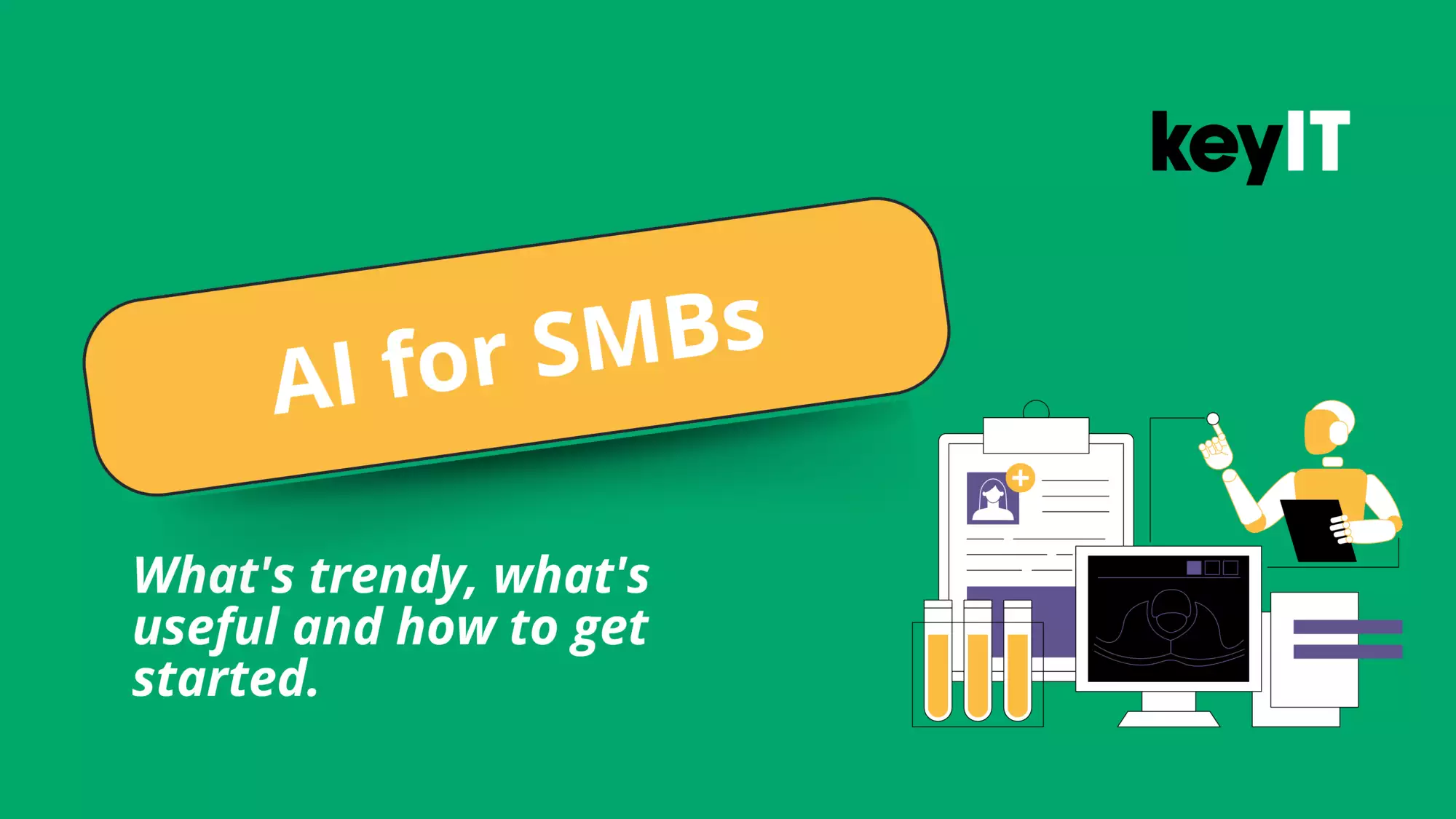
Generative AI tools are everywhere, but how can small and medium-sized enterprises (SMEs) distinguish marketing noise from what will actually bring them value?
Between headlines on LinkedIn and blog posts filled with acronyms like RAG, LLM or AI agents, the world of AI can quickly seem confusing. For SMEs, the real challenge is to identify what's relevant to their business - and what they can, safely, set aside.
This guide helps you sort out what's useful, what's hype, and above all, how to adopt AI safely and strategically.
Understanding the fundamentals of AI: AI vs. generative AI
Artificial intelligence (AI) generally refers to the ability of machines to mimic human intelligence. It encompasses both simple rule-based automations and advanced machine learning models.
Generative AI, a sub-category of AI, focuses on the creation of new content - text, images, code, even music. Tools such as ChatGPT, DALL-E or GitHub Copilot are examples. These systems learn from large datasets to generate results similar to those produced by humans.
Demystifying technical terms: LLM, RAG and AI Agents
Large-Language Models (LLMs)
LLMs are deep learning models trained on huge corpora of text to understand and generate human language. Notable examples include GPT-4, Meta's LLaMA, or Gemini.
RAG (Retrieval-Augmented Generation)
Rather than relying solely on pre-trained data, RAG models retrieve up-to-date information from precise sources (such as your internal documentation) before generating an answer.
AI agents, Agentic AI, Autonomous AI
- AI agents: Perform defined tasks, such as summarizing a document.
- Agentic AI: Adapts and makes decisions within a limited framework, like a chef improvising a dish with the ingredients available.
- Autonomous AI: Operates independently, learning and evolving without human intervention.
Tools that work: proven AI for SMEs
With over 100,000 generative AI tools available, how do you know which ones are really worth a look? Here's a selection, tested and categorized according to use cases:
Daily productivity
✔️ ChatGPT, Microsoft Copilot: Writing, summarizing, e-mail drafts.
✔️ PowerPoint Copilot, Gamma: Professional presentations in record time.
Intelligent workflows
✔️ Microsoft Power Automate: Automate repetitive tasks without complex configuration.
Internal data agents
✔️ Enterprise GPT: Secure information retrieval from SharePoint or internal documentation.
✔️ AI agents via Microsoft Copilot Studio: Personalized assistants integrated into your CRM or content systems.
Secured AI by sector
✔️ Secured GPT: Designed for sectors such as finance or healthcare, with bank-level security standards.
Understanding the complexity of AI agents
Not all AI assistants are created equal. Here's how complexity can evolve:
Data retrieval only ➡️ The agent responds from internal documents.
Data + Action ➡️ The assistant retrieves content and sends summaries or alerts.
Fully autonomous ➡️ The agent responds to customer e-mails, updates the CRM, and adapts according to the history of interactions.
And what about security?
Security is a key issue, especially in regulated sectors. At keyIT, our security model follows Microsoft's AI governance framework:
- Azure OpenAI integration: guarantees that proprietary data is not used to drive public models.
- End-to-end encryption & private endpoints: Total security of exchanges and storage.
- Automatic anonymization: removal of sensitive data (names, codes, etc.) before processing.
How SMEs can start smart: keyIT's AI adoption framework
Implementing AI doesn't have to be an obstacle course. Here's a pragmatic, step-by-step approach:
✔️ Assess your starting point: Identify if and how your employees are already using AI tools, even unofficially.
✔️ Define clear objectives: Productivity, improved customer service, content generation, etc.
✔️ Review your security posture: Check that sensitive data is protected before activating tools like Microsoft Copilot.
✔️ Identify use cases: Start with pilot teams or advanced users. Switch from free versions to licensed tools.
✔️ Train and support: Provide hands-on training to build confidence and limit inappropriate use.
✔️ Scale up and monitor: Deploy gradually, measure adoption, and adjust according to feedback.
Things to remember
The world of AI may seem complex, but SMEs don't need to adopt all the technologies at once. By understanding the basics, choosing the right tools and following a structured approach, even small teams can reap tangible benefits from AI.
Ready to go further?
Find out how keyIT supports SMEs in secure AI adoption from Microsoft Copilot to Secured GPT.

